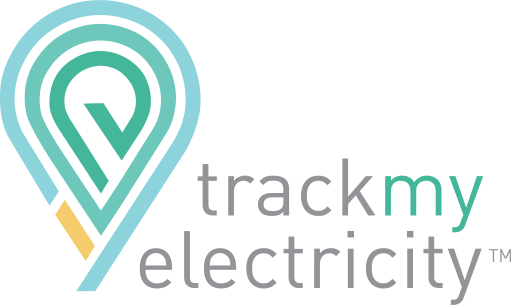Funding progress
100%
About Electriciens sans frontières
Electriciens sans frontières, French international NGO and registered charity, has been fighting against inequalities of access to electricity and water throughout the world since 1986. With the support of 1300 volunteers and through partnerships with local actors and using renewable energies, they make access to electricity a lever for human and economic development.
Read more about Electriciens sans frontières.


